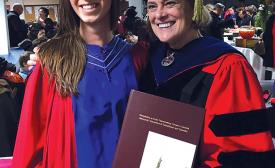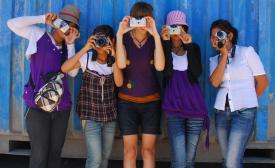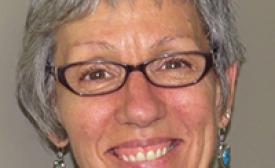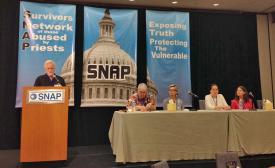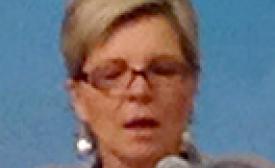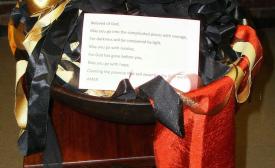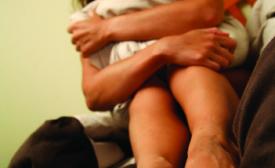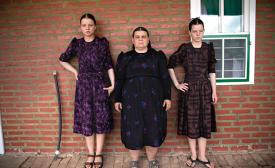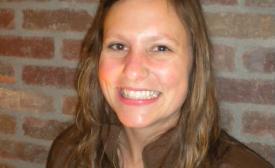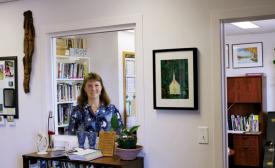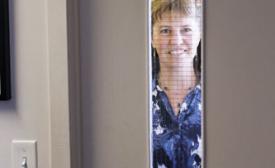An openness to learning is the first step
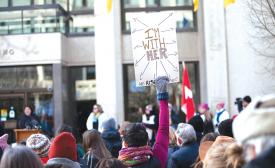
An ally holds a sign at the Winnipeg Women’s March in January 2018. ‘We need to acknowledge the fact that we are not presently equal,’ Kim Penner says. (Photo by Matthew Sawatzky)

Kim Penner holds a PhD in theology from the University of St. Michael’s College in Toronto. (Photo courtesy of Kim Penner)
Kim Penner graduated last November with a PhD in theology from the University of St. Michael’s College in Toronto. Canadian Mennonite called Penner at her home in Waterloo, Ont., to ask her about her dissertation, “Discipleship as erotic peacemaking: Toward a feminist Mennonite theo-ethics of embodiment and sexuality,” and what her work has to offer the Mennonite church.

